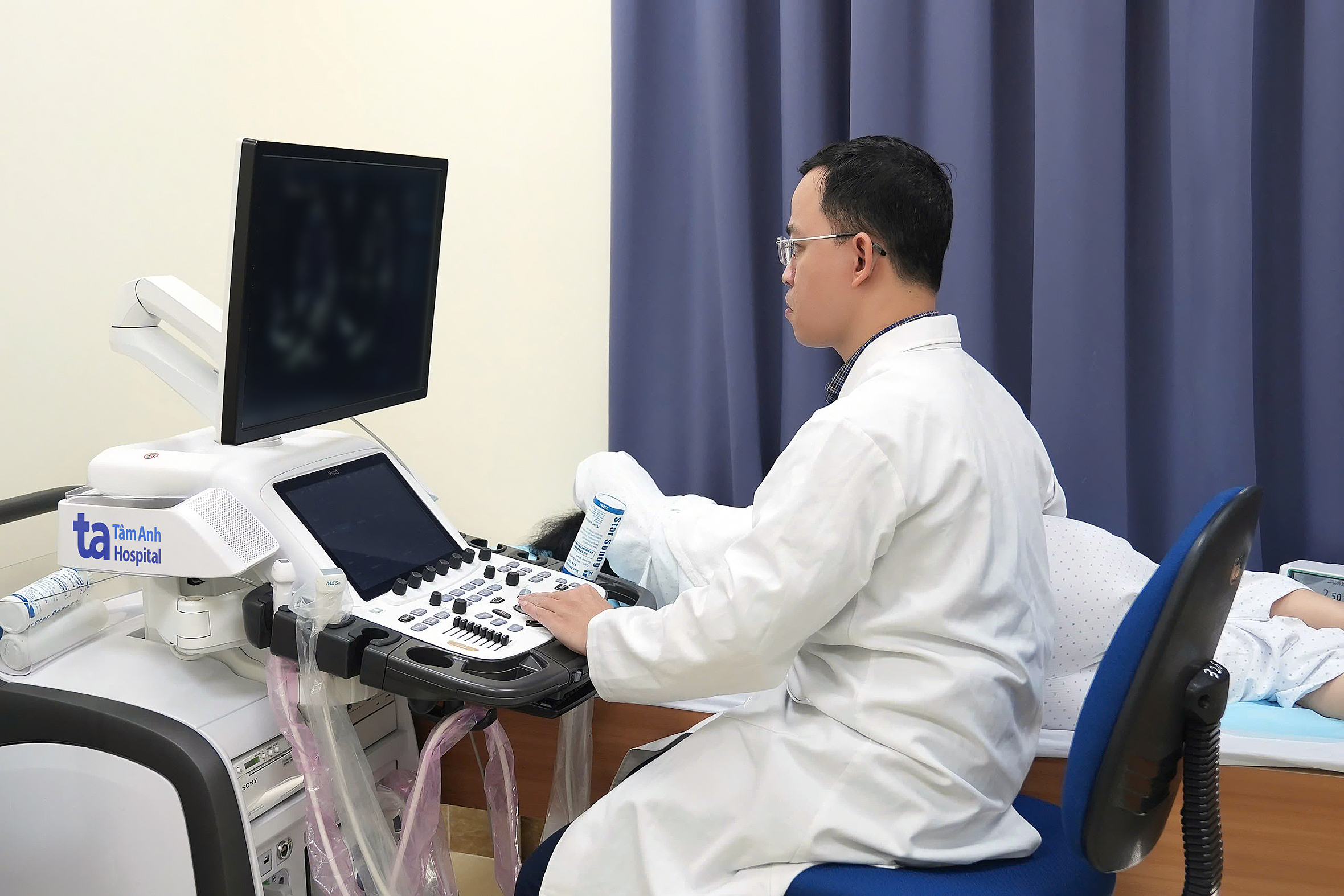Doctor Nguyen Tuan Long, a cardiologist at Tam Anh General Hospital in Hanoi, reported that Thuat presented with elevated ST segments and cardiac enzyme levels, symptoms similar to a heart attack. However, a CT scan revealed no arterial blockages. The apex of her heart was dilated and weakened, while other areas functioned normally.
Dr. Long diagnosed Thuat with broken heart syndrome, also known as Takotsubo cardiomyopathy or stress-induced cardiomyopathy. She received medication to stabilize her blood pressure and support heart function, along with psychological counseling to manage stress. She recovered after a few weeks.
Broken heart syndrome is a temporary form of acute heart failure often triggered by emotional shocks like the loss of a loved one, betrayal, divorce, extreme stress, fear, or prolonged panic. Physical trauma like accidents or surgeries can also be a cause. Without prompt treatment, complications such as acute heart failure, pulmonary edema, arrhythmia, prolonged hypotension, and cardiogenic shock can occur.
Dr. Long explained that when the body experiences a severe emotional shock, the sympathetic nervous system triggers an acute stress response. Stress hormones, particularly catecholamines like adrenaline and noradrenaline, are released into the bloodstream. This surge can constrict the coronary arteries, impairing the heart's ability to pump effectively. The apex of the left ventricle, the most vulnerable area, can be stunned, much like the heart being overwhelmed by an emotional blow.
 |
Dr. Long performs an echocardiogram on a patient. *Illustrative photo: Tam Anh General Hospital* |
According to Dr. Long, broken heart syndrome often mimics a heart attack, but there are key differences. Both can cause sudden, severe chest pain and shortness of breath. However, broken heart syndrome typically follows an emotional stressor, while heart attacks are often linked to physical exertion or spontaneous coronary artery blockage. Patients with broken heart syndrome may experience palpitations, rapid heartbeat, dizziness, or lightheadedness due to vascular dysfunction, but rarely exhibit classic heart attack symptoms like cold sweats or nausea. This syndrome primarily affects older, post-menopausal women, while heart attacks are more common in middle-aged and older men. Echocardiograms and coronary CT scans can accurately diagnose the condition.
Dr. Long advises seeking immediate medical attention for chest pain or shortness of breath following emotional distress. Managing stress is crucial through techniques like meditation, yoga, or psychological counseling. Maintaining a healthy lifestyle with a balanced diet, adequate sleep, limiting alcohol consumption, and quitting smoking can strengthen overall health and protect the cardiovascular system.
Ly Nguyen
*The patient's name has been changed.
| Readers can submit questions about cardiovascular diseases here for doctors to answer. |












